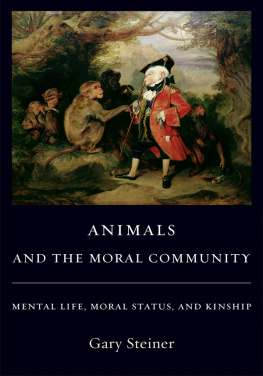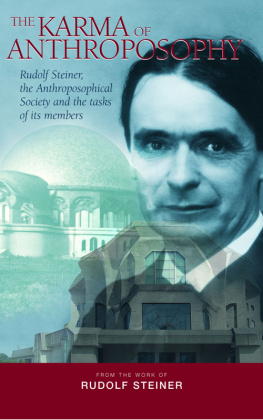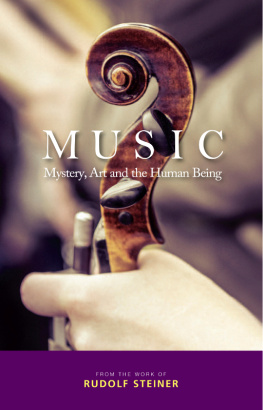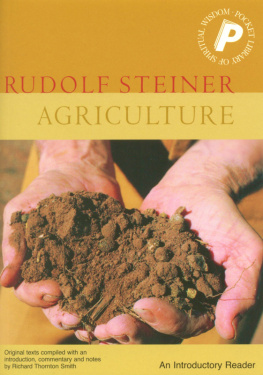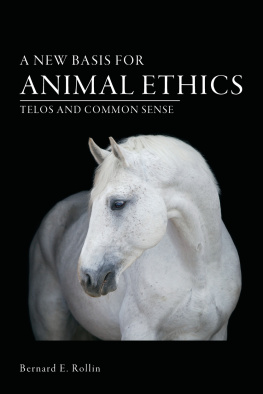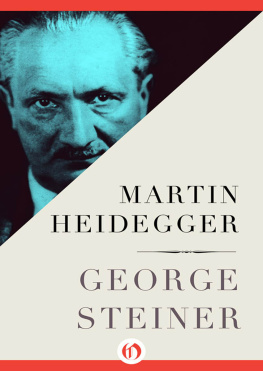ANIMALS AND THE LIMITS OF POSTMODERNISM
CRITICAL PERSPECTIVES ON ANIMALS: THEORY, CULTURE, SCIENCE, AND LAW
CRITICAL PERSPECTIVES ON ANIMALS: THEORY, CULTURE, SCIENCE, AND LAW SERIES EDITORS: GARY L. FRANCIONE AND GARY STEINER
The emerging interdisciplinary field of animal studies seeks to shed light on the nature of animal experience and the moral status of animals in ways that overcome the limitations of traditional approaches to animals. Recent work on animals has been characterized by an increasing recognition of the importance of crossing disciplinary boundaries and exploring the affinities as well as the differences among the approaches of fields such as philosophy, law, sociology, political theory, ethology, and literary studies to questions pertaining to animals. This recognition has brought with it an openness to a rethinking of the very terms of critical inquiry and of traditional assumptions about human being and its relationship to the animal world. The books published in this series seek to contribute to contemporary reflections on the basic terms and methods of critical inquiry, to do so by focusing on fundamental questions arising out of the relationships and confrontations between humans and nonhuman animals, and ultimately to enrich our appreciation of the nature and ethical significance of nonhuman animals by providing a forum for the interdisciplinary exploration of questions and problems that have traditionally been confined within narrowly circumscribed disciplinary boundaries.
The Animal Rights Debate: Abolition or Regulation? Gary L. Francione and Robert Garner
Animal Rights Without Liberation: Applied Ethics and Human Obligations, Alasdair Cochrane Animalia Americana: Animal Representations and Biopolitical Subjectivity, Colleen Glenney Boggs
Experiencing Animal Minds: An Anthology of Animal-Human Encounters, edited by Julie A. Smith and Robert W. Mitchell
Being Animal: Beasts and Boundaries in Nature Ethics, Anna L. Peterson
ANIMALS AND THE LIMITS OF POSTMODERNISM
Gary Steiner
COLUMBIA UNIVERSITY PRESS
NEW YORK

COLUMBIA UNIVERSITY PRESS
Publishers Since 1893
NEW YORK CHICHESTER, WEST SUSSEX
cup.columbia.edu
Copyright 2013 Gary Steiner
All rights reserved
ISBN 987-0-231-52729-3 (e-book)
Library of Congress Cataloging-in-Publication Data
Steiner, Gary, 1956
Animals and the limits of postmodernism / Gary Steiner.
p. cm.(Critical perspectives on animals)
Includes bibliographical references (p. ) and index.
ISBN 978-0-231-15342-3 (cloth : alk. paper)ISBN 978-0-231-15343-0 (pbk. : alk. papter)
ISBN 987-0-231-52729-3 (e-book)
1. Animals (Philosophy) 2. Animal rights. 3. Animal wefareMoral ethical aspects 4. Postmodernism. I. title
B105.A55S74 2013
179'.3dc23
2012029892
COVER ILLUSTRATION: Michael Sowa, Tigerhase
A Columbia University Press E-book.
CUP would be pleased to hear about your reading experience with this e-book at cup-ebook@columbia.edu.
References to Internet Web sites (URLs) were accurate at the time of writing. Neither the author nor Columbia University Press is responsible for URLs that may have expired or changed since the manuscript was prepared.
In loving memory of my father
James Steinberg Steiner (19252012)
He lived his life deliberately
C ONTENTS
A couple of years ago, Gary Francione and I were having a talk about the state of contemporary animal studies, particularly in literature and philosophy departments in North America. We were both well aware of the increasing interest of postmodern thinkers in questions bearing upon the moral status of animals, and we were both convinced that the prevailing postmodern approaches are a dead end, if a well-intentioned one. I wondered aloud why someone didnt write a book that analyzed the fundamental limitations of postmodernism in ethics generally and regarding the moral status of animals in particular. Garys response was that I ought to write such a book. And so this book was born. I am profoundly indebted to Gary Francione, not only for his encouragement on this project but also for his friendship and his ongoing engagement with my work.
While working on the book I received unexpected inspiration from Philippe Dubois, who has generously permitted me to audit his French courses at Bucknell University. Twice while working on the book I audited Philippes seminar on the French tradition of gastronomic thought. At first it did not occur to me how relevant the writings of thinkers such as Rabelais, Montaigne, Brillat-Savarin, Grimod, and Barthes would be to my endeavor to develop a vegan imperative. But Philippes extraordinary pedagogy, as well has his very serious personal engagement with questions bearing on the ethics of diet, provided an important stimulus to my thinking, particularly when I was working on the final chapter.
As with my work on previous books, I benefited greatly from a number of detailed discussions with Marc Lucht about the books central themes. I thank him for taking the time to read a good deal of the manuscript, for directing me to texts that proved to be of vital importance for the development of my arguments, and for helping me to bring to concrete expression some very complex ideas bearing upon the nature and limits of postmodern thought.
I had the opportunity to develop and experiment with my ideas for this book in a variety of far-flung venues, including Virginia Tech, Hamilton College, Yale, the University of Edinburgh, Macquarie University in Sydney, the University of Heidelberg, and the University of Vienna. Erwin Lengauer has been a most gracious host on several occasions at the University of Vienna and has introduced me to a number of interesting people who are deeply committed to the cause of animal rights. On one of these occasions I also gave a talk at the University of Heidelberg, and Erwin went to the trouble to chauffeur my spouse and me on an enjoyable two-day drive from the one venue to the other that took us through Tbingen, Munich, and Salzburg. Matt Chrulew and Deborah Bird Rose hosted a terrific workshop on continental philosophy and ethology in Sydney at which I made the acquaintance of a number of extremely sharp and interesting people doing work on animal minds and animal ethics, including Jeffrey Bussolini, Dominique Lestel, Hollis Taylor, and Brett Buchanan.
While working on this book I have benefited from conversations and collaborative work with many other people as well. The following merit special mention: Esther Bauer, Rob Boddice, Anna Charlton, Antonio Di Fenza, Nathalie Dupont, Joe Fell, Alex Lyras, Saundra Morris, Steve Newmyer, and Harold Schweizer. I am indebted to the Interlibrary Loan department at Bucknell University and particularly to Dan Heuer, who was unrelenting in tracking down a large number of often obscure texts for me. Dans commitment to providing me with support mirrors the enthusiastic support that I have received from the Bucknell administration, which has generously funded my research and travel and has provided me with much-appreciated additional support under the auspices of the Harris Chair. I would also like to extend my sincere appreciation to Wendy Lochner at Columbia University Press, who has been an energetic advocate of my work and of this book in particular. Wendy is also a most enthusiastic sponsor of the Critical Perspectives on Animals series at Columbia that I coedit with Gary Francione. It is to a great extent to Wendys credit that Columbia has published such a rich array of texts on animals in recent years. I also extend sincere thanks to Anne McCoy and Anita O'Brien for their efforts to ensure that my vision for this book would be realized.
Next page

